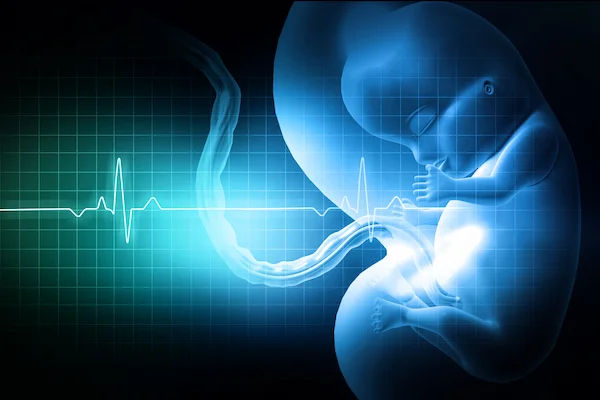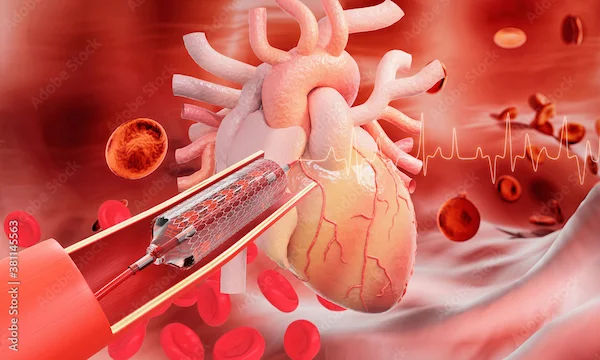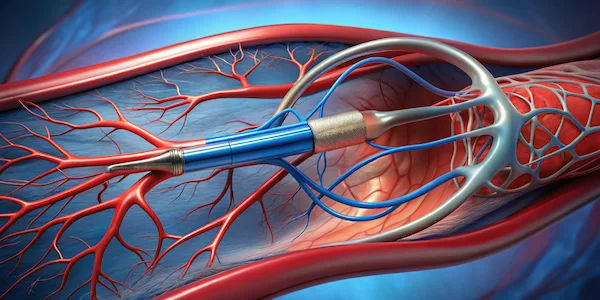- Male
- 34 Years
- 29/01/2025
I'm really concerned about my mother. She had four stents put in her heart last week, around the RCA and PLVLADRI areas, and seemed to be doing okay after the angioplasty. But then she started having atrial fibrillation, and the doctor gave her nordam and an amiodarone injection, which helped for a couple of days. But after we got home, she's been feeling dizzy and seeing black spots. Now she's on amiodarone 200 mg tablets twice a day and some anti-anxiety meds, but her heart rate is still 150 bpm. Is this normal? How common is it to have arrhythmia like this after angioplasty, and how long might it last? I'm worried if this is our new normal, and if there's a chance that atrial fibrillation after angioplasty comes with any risks?
Answered by 1 Apollo Doctors
The treatment your mother is receiving is appropriate for atrial fibrillation post-angioplasty. Amiodarone 200mg tablet twice a day is commonly used to control heart rhythm. In addition to that, anti-anxiety medication can help manage symptoms related to anxiety and dizziness. A heart rate of 150 bpm is considered high, and the medications prescribed aim to bring it back to a normal range. Atrial fibrillation can occur after angioplasty, and it is not uncommon. The risk associated with atrial fibrillation post-angioplasty includes an increased risk of stroke and other cardiovascular complications. It is essential to monitor and manage atrial fibrillation to reduce these risks. The duration of atrial fibrillation can vary from person to person. In some cases, it may resolve on its own, while in others, long-term management may be required. Regular follow-up with the doctor is crucial to monitor the heart rhythm and adjust treatment as needed. Overall, the treatment your mother is receiving is appropriate for atrial fibrillation post-angioplasty. It is essential to continue following up with her doctor for further evaluation and management.
Dr. Dr Khaleel Suggests...
Consult a Cardiologist
Answered 04/07/2025
0
0

More Cardiology Health Queries
View allCan someone explain what's going on with my mom's ECG report? The doctor said it's abnormal, and we need to do a TMT test in a month. They've given us some meds, but I really want to understand what's up. Any insights?
While I can't view attachments, an abnormal ECG can indicate several potential issues, such as arrhythmias, ischemia, or abnormalities in the heart's structure. It's important to follow your doctor's recommendation to perform a TMT (treadmill test) as it will provide more information about how your mother's heart functions under physical stress. The prescribed medications are likely aimed at managing her condition in the meantime. Please ensure she follows her treatment plan and consults her healthcare provider if any new symptoms arise.
Answered by 1 Apollo Doctors
I'm really worried about this ongoing lightheadedness I've been dealing with for the past 8 months. It's like I'm under the influence of something, almost like alcohol, but I'm not. I've had these scary episodes where my chest hurts and my blood pressure shoots up to 150100. The ER told me it was a panic attack, and it's happened twice now. I've undergone so many testsHolter Monitor, ECG, EKG, chest and heart CT scans, even a brain MRI and countless blood tests. Everything comes back normal, including checks for anemia and thyroid issues. They did find H. Pylori, and I finished a 14-day antibiotic course for that, but otherwise, doctors say I'm fine. Yet, I can't shake these feelings and symptoms. I'm 30, 6 feet tall, and weigh 90 kg, with blood pressure often around 13590. I've even had ECGs during the pain episodes. Can you help me figure out what might be going on here?
It sounds like you have been through a thorough evaluation for your symptoms. Since all your reports have come back normal and your doctors have ruled out various possible causes, including panic attacks, it's important to consider other factors that may be contributing to your lightheadedness and other symptoms. One possible cause could be inner ear problems leading to vertigo-like symptoms. I recommend trying a medication called Meclizine (brand name Antivert) at a dose of 25-100 mg per day to help with your lightheadedness. Additionally, you may benefit from vestibular rehabilitation therapy to address any inner ear issues. It's also important to stay well-hydrated, maintain a healthy diet, and practice stress-reducing activities such as yoga or meditation. If your symptoms persist or worsen, it may be helpful to see an Ear, Nose, and Throat (ENT) specialist for further evaluation and management.
Answered by 1 Apollo Doctors
What is the main cause of hypertension?
The most common causes of hypertension include smoking, obesity or being overweight, diabetes, having a sedentary lifestyle, lack of physical activity, high salt or alcohol intake levels
Answered by 1 Apollo Doctors
Disclaimer: Answers on Apollo 247 are not intended to replace your doctor advice. Always seek help of a professional doctor in case of an medical emergency or ailment.





